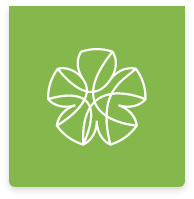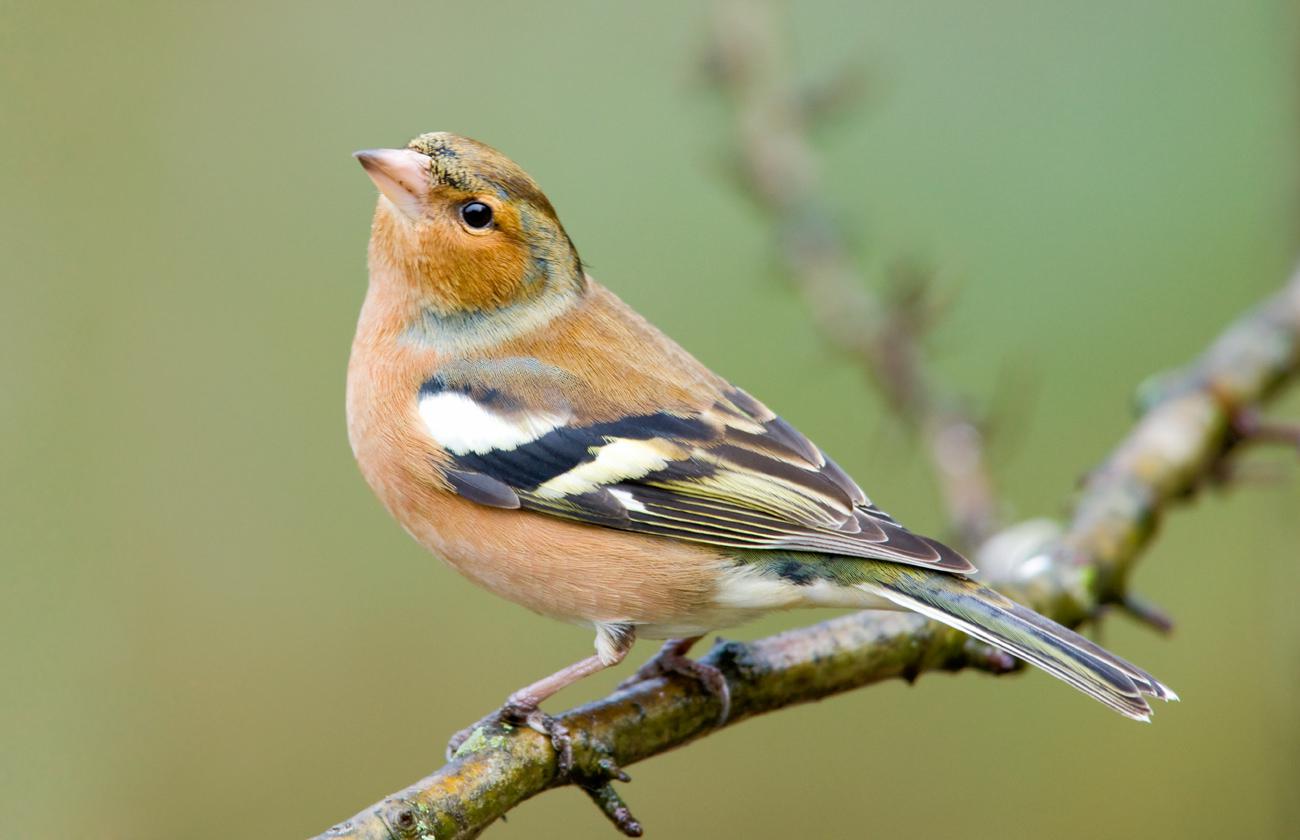There were altogether 30 candidates in the competition Environmental Award of the Year 2012
The category Environmental Award of the Year 2012
NGO Estonian Ornithological Society’s project “Bird learning for teachers of natural sciences”; the winner
The Estonian Ornithological Society organized bird watching in 27 places in Estonia, with 389 teachers of natural sciences from comprehensive schools participating. The aim of the project was to extend the teachers’ knowledge on birds. Study material to learn about 45 birds, including drawings, photos, sound files and descriptions was prepared. The project can also be used with nursery school teachers, instructors working at nature centres etc.
Recognized with a letter of thanks
- NGO Reuse’s project “Mapping of textile waste and presentation of design products made of textile waste”
By now, about 10% of the textile waste circulating on the Estonian market has been mapped. The companies mapped in the course of the project, which offer textile waste, can be found on the website www.reuse.ee and the design products made from textile waste at www.trashtotrend.ee.
- NGO Prangli Island Peasant Museum Society’s project “Establishment of nature museum on the island of Prangli“
The impact that the establishment of the museum has on the environmental conservation is noteworthy, as thanks to the nature museum, people are able to become aware of the essence of the nature on the islands of Prangli and Aksi and learn about the local plants and animals.
The category Small Environmental Award of the Year 2012
NGO JCI GO Koda’s open-air performance “The Forest School of Three Jolly Fellows”; the winner
Only waste and recycled materials were used for preparing the puppets and stage decorations when staging the play. The play was performed 67 times all over Estonia and there were altogether about 32,000 spectators. The project also included producing and handing out 15,000 sets of a card game about waste sorting “Super Rabbit’s Garbage Game”.
Recognized with the letter of thanks
- Saue Gymnasium – for the environmental project “Sustainable development of the countries bordering the Baltic Sea and comparison of natural and industrial environments.”
The project included a student exchange between the Finnish and Estonian basic school students. Their learning process took place in the nature. The aim was to promote environmentally friendly values, admire the beauty of the natural environment in Estonia and Finland and give an assessment to the potential threats by the industrial environment. In addition, a study programme supporting the national curricula was developed and materials including the data about environmental research were prepared.
- Eve Schmeiman – for the project “Creating weather observation opportunities in Rukkilill Nursery School in Väimela“.
A weather observation point was built on yard of the nursery school, with several wooden games, worksheets and study games. Thanks to this point, it is easier to explain climate change to children and carry out weather observations. The weather observation point is also open to other nursery schools and schools.
- Carolin Krain, Cetlyn Sari, Mariann Adelbert, Simona Šois (Kadrioru German Gymnasium) – for holding the Environmental Day at Kadriorg.
The basic school curriculum included a creative task which had to involve at least two subjects. The school girls came up with the idea of organizing an outside learning day for their class. They put 20 checkpoints in Kadrioru Park with specific tasks to be carried out at each point. It was important to move around with the help of the map, observe the surroundings and solve the tasks as well as possible. The project is worth highlighting because it was organized by children themselves, from the idea to the execution.
- Nursery School MARI – for the project “Study year of small water researchers at the Nursery School MARI”
This was a year-long project where children learned through direct experience and became more aware of the importance of water to plants, animals and humans. The children care about water and use it in a sustainable manner. The following topics were discussed over the course of the project: water, water bodies and water as a living environment, water bodies in the winter, life in water in the South and in the North, necessity of water for life; nature camp “Water. Water? Water!” The project included various exciting field trips, preparation of ‘garbage fish’ from recycled materials and thematic files, and exhibitions.
- Kohtla-Järve Nursery School Punamütsike – for targeted environmental learning in cooperation with nursery school teachers.
In all the groups of the nursery school, outside learning is a priority and children are taught about the environment. An environmental educational training event was also organized for all the teachers; the project also included the preparation of study materials, learning days about active learning methodology, teacher seminars and work groups.

